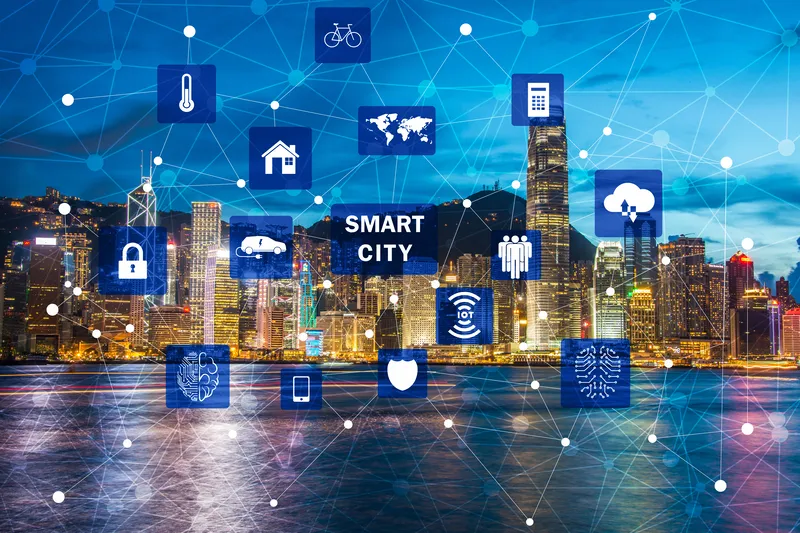
At the beginning of August, 2011, Carole Coune took up her new role as Secretary General of the International Transport Forum at the OECD. Here, she tells ITS International of the challenges and opportunities the global sector faces
Transport is a growth industry. Despite the current financial crisis, the trend for transport is pointing upwards. Demand is mainly driven by global economic integration, a growing world population and rising incomes in emerging economies.As we head toward nine billion humans by 2050, the challenge of providing the world population with their daily needs, with access to education, jobs and other activities, is being addressed by our transport system.
To succeed, transport is getting more and more efficient in moving people and goods. Access to mobility is becoming easier, and the use of transport services an increasingly positive experience.
The vision that encapsulates much of this is the idea of Seamless Transport. Seamless Transport is nothing less than the physical expression of today’s dominant mega-trend, connectivity. In the 21st century, ever more people connect seamlessly in cyberspace; it is for transport to strive for seamless connectivity on the ground, in the air, across oceans.
Seamless Transport is not least about the convergence of traditional infrastructure and the new digital universe. Electronic information pushes the envelope for connectivity into a new dimension. For policymakers, operators and transport users this creates exciting new options.
For all the promise, there are difficulties and pitfalls. Safety cannot be compromised.
International Transport Forum
The International Transport Forum at the OECD is a Paris-based intergovernmental organisation that acts as a global platform for transport policy issues.
It serves as a think tank for its 52 member countries and organises an annual summit, at which transport ministers debate strategic issues of the sector with business leaders, top academics and representatives of civil society.
The 2012 summit will be held in Leipzig, Germany on 2-4 May 2012. The theme will be ‘Seamless Transport: Making Connections’.
Efficiency may be put at risk by growing uncertainties and potential disruptions – extreme climate conditions, energy failures, social unrest, demand overload or the multiplication of transport operators, to name a few.
Therefore, when Ministers from the 52 member countries of the
It is my personal conviction that innovating for a globalised world in a sustainable way will remain at the top of transport’s agenda for the long term. And with well-calibrated policies we can go beyond narrow carbon-cutting objectives and make the greening of transport a showcase for how to generate economic growth in the long term all over the world.
Today, transport is a growth industry. We can make it a ‘Green Growth’ industry.








